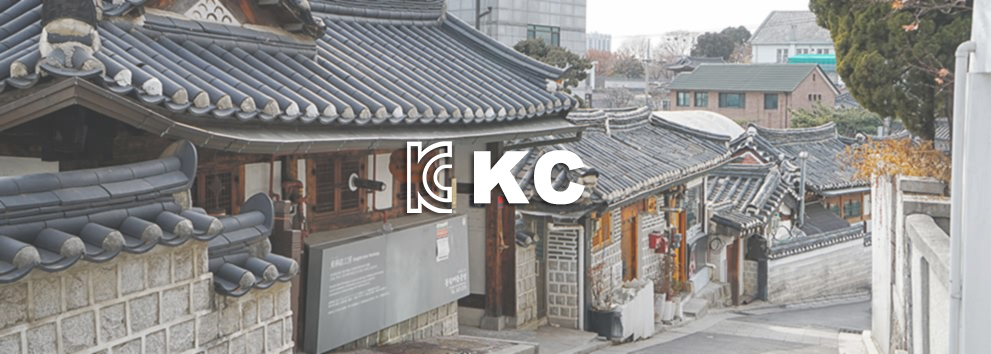New Battery Technology 2: the Opportunity and Challenge of Sodium-ion Battery
New Battery Technology 2: the Opportunity and Challenge of Sodium-ion Battery,
sodium-ion battery,
▍What is KC?
Since 25th Aug., 2008,Korea Ministry of Knowledge Economy (MKE) announced that the National Standard Committee will conduct a new national unified certification mark — named KC mark replacing Korean Certification during the time between Jul. 2009 and Dec. 2010. Electrical Appliances safety certification scheme (KC Certification) is a mandatory and self-regulatory safety confirmation scheme according to Electrical Appliances Safety Control Act, a scheme which certified safety of manufacture and sale.
The difference between mandatory certification and self-regulatory (voluntary) safety confirmation:
For the safe management of electrical appliances, KC certification is divided into mandatory and self-regulatory (voluntary) safety certifications as the classification of danger of product.The subjects of Mandatory certification is applied to electrical appliances which its structures and methods of application may cause serious dangerous results or obstacle such as fire, electric shock. While the subjects of self-regulatory (voluntary) safety certification is applied to electrical appliances which its structures and methods of application can hardly causes serious dangerous results or obstacle such as fire, electric shock. And the danger and obstacle can be prevented by testing the electrical appliances.
▍Who can apply for KC certification:
All legal persons or individuals both at home and abroad who are engaged in manufacturing, assembly, processing of electrical appliance.
▍Scheme and method of safety certification:
Apply for KC certification with product’s model that can be divided into basic model and series model.
In order to clarify model type and design of electrical appliances, an unique product name will be given according to its different function.
▍ KC certification for Lithium battery
- KC certification standard for lithium battery:KC62133:2019
- Product scope of KC certification for lithium battery
A. Secondary lithium batteries for use in portable application or removable devices
B. Cell is not subject to KC certificate whether for sale or assembled in batteries.
C. For batteries used in energy storage device or UPS (uninterruptible power supply), and their power which is greater than 500Wh are beyond the scope.
D. Battery whose volume energy density is lower than 400Wh/L comes into certification scope since 1st, Apr. 2016.
▍Why MCM?
● MCM keeps a close cooperation with Korean labs, such as KTR (Korea Testing & Research Institute) and is able to offer the best solutions with high cost performance and Value-added service to clients from the point of lead time, testing process, certification cost.
● KC certification for rechargeable lithium battery can be gained by submitting a CB certificate and convert it into KC certificate. As a CBTL under TÜV Rheinland, MCM can offer reports and certificates which can be applied for conversion of KC certificate directly. And the lead time can be shortened if applying CB and KC at the same time. What’s more, the related price will be more favorable.
Recently, China Electronics Standardization Institute, along with Zhongguancun ESS Industry Technology Association, held the forum of Sodium-ion Battery Industry Chain and Standard Development. Experts from research institutes, high schools and enterprises came to present reports about the industry, including the standardization, anode material, cathode material, separator, BMS and battery products. The conference shows the process of standardization of sodium battery and the results of research and industrialization.
The UN TDG created an identification number and name for sodium battery transportation. And chapter UN 38.3 also includes sodium based batteries.The DGP of International Civil Aviation Organization also issued latest Technology Instruction, in which it adds the requirement of sodium-ion batteries. This indicates that sodium batteries will be listed as dangerous goods for aviation transportation in 2025 or 2026. Since July 2022 Terms of Sodium-ion Batteries and Sodium Batteries—Symbol and Name has been issued, along with discussion meeting for relevant standards.There are plans of setting up more detailed standards, like sodium-ion batteries material (anode, cathode, electrolyte, etc.) and GB for sodium battery products (like traction batteries, ESS batteries, etc).In 2011, the first sodium-ion battery company Faradion was established in Britain. Its technology map mainly focuses on nickel base stratiform metal oxide or hard carbon. These batteries are mainly used in stationary ESS or light vehicles. It was unparalleled at that time. Now it was bought by Reliance Industries of India.In 2012, Natron Energy was set up in the U.S.A. the technology roadmap focuses on Prussian Blue and hydroelectrolyte, which is relatively safer than organic electrolyte. It’s worth noticed that Natron already get certified of UL 1973 and UL 9540A. The batteries are mainly used in UPS and stationary ESS.









